Advertisement
At WWDC 24, Apple didn’t just toss out a few AI buzzwords and move on—they went all in. If you’ve ever used Siri and wished it was smarter, or if you’ve been curious about how your iPhone could learn your habits better, this was the event to watch. Apple revealed a whole batch of AI updates, all built to make your devices faster, more helpful, and more personal—without making it weird or complicated.
Let’s break it all down in the simplest way possible.
Siri has been around for years, but let’s be honest—it’s always felt a little behind. You’d ask it something simple, and it would either get confused or just send you to a web page. That’s changing in a big way.
What’s New With Siri? Apple announced that Siri is getting a total brain upgrade. It now uses a more advanced type of AI called a “large language model” (LLM), which helps it understand what you're asking, even if you don’t say it perfectly. It can handle follow-up questions, remember what you were just talking about, and even make smart suggestions based on your habits.
Suppose you say, "Remind me to call Mom when I arrive home." Siri knows who "Mom" is, determines where "home" is, and sets the reminder without all the back-and-forth. You can even ask something general like, "What was that podcast I listened to yesterday?" and it'll locate it.
On-Device AI = Faster and Safer
The best part? A lot of Siri's new smarts run right on your phone, not in the cloud. That means it's quicker to respond and better for your privacy since your info doesn't need to leave your device.
Apple didn’t call it just “AI”—they introduced something they’re calling Apple Intelligence. It's not one app or one feature. It’s more like an invisible assistant working quietly in the background, making everything smoother.
Here are some simple examples:
Smart Notifications: Your phone now ranks notifications based on importance. A text from your boss will show up before a random group chat blows up your phone.
Writing Help: Whether you're writing a message, an email, or a journal entry, Apple's built-in writing tools can now help you rewrite, proofread, or summarize what you wrote. It's like having a mini editor built into every app.
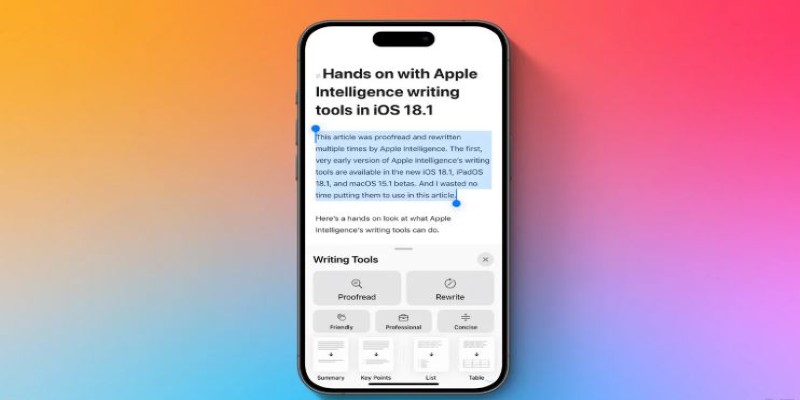
Priority Emails and Summaries: If your inbox is a mess, Apple Intelligence can highlight the most important ones and even summarize long emails so you don’t have to read everything line by line.
App Actions: It learns what you usually do in apps and suggests actions. For example, if you always edit your photos right after taking them, your phone might offer editing tools the moment you open a picture.
Apple made a big point about privacy. The AI features learn from how you use your phone, but they don’t send that info off to giant servers somewhere. The learning happens on your device, and when something needs to use more power, it connects to Apple’s secure servers without storing anything about you.
Yes, Apple had fun with AI, too. It's not all just calendars and emails—there are cool features for creativity and visuals, too.
This one got a lot of laughs at WWDC. With Genmoji, you can describe anything you want, and Apple will turn it into a new emoji-style image. Say something like "a T-Rex wearing sunglasses" or "cat with a graduation cap"—and it makes a tiny cartoon for you on the spot. These work in iMessage, just like regular emojis or stickers.
Apple now lets you make fun images directly from text prompts using a feature called Image Playground. It works inside apps like Messages and Notes. You type in an idea, and it draws a cartoon-style picture of it in seconds. These aren’t realistic photos, but they’re fun and expressive—and you don’t need to be an artist to make them.
Instead of scrolling endlessly, you can now search your photos with natural words. You could say, "Photos with red flowers from last spring," and it'll actually find them. It even works with specific actions, like “dog jumping in the pool.”

Bonus Trick: You can isolate and lift subjects from your photos with just a tap—then reuse them in stickers, messages, or custom wallpapers.
One of the most surprising moments at WWDC 24 was Apple saying they’re bringing ChatGPT into the mix—but only if you want it.
If Apple’s built-in AI isn’t enough for something tricky—like writing a poem, coding help, or complex research—you can choose to tap into ChatGPT right from Siri or certain apps. It’s like having a second brain to bounce ideas off.
You don’t even need a ChatGPT account. Apple asks for permission before anything is shared, and the responses still look like part of your Apple experience, so it doesn’t feel like you’re switching apps.
Apple is good at making things simple and private. ChatGPT is good at answering detailed or creative questions. Bringing them together gives users the best of both—simple, fast answers and deep, creative ideas, all in one place. But if you don't like it, you can just turn it off.
WWDC 24 showed that Apple is serious about building helpful, everyday AI—not just flashier tech. From a much-improved Siri to tools that help write, draw, and sort your life, this year's updates are all about making your device feel more personal and less robotic. Whether you're excited about Genmoji or just want Siri to finally understand you, there's something here for everyone.
Advertisement
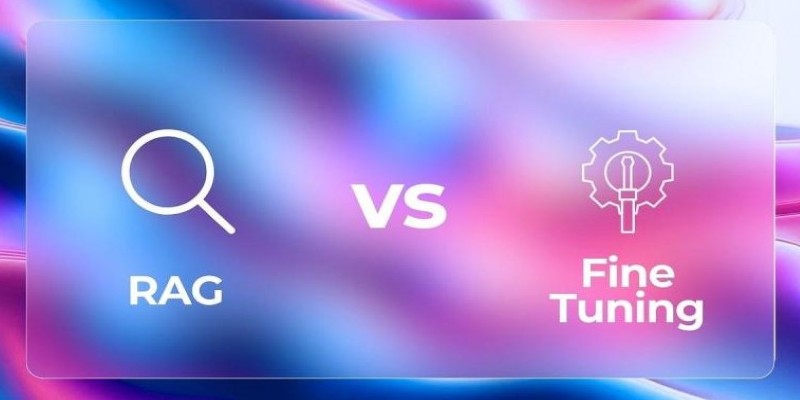
Confused about whether to fine-tune your model or use Retrieval-Augmented Generation (RAG)? Learn how both methods work and which one suits your needs best

Want to learn how machine learning models are built, deployed, and maintained the right way? These 8 free Google courses on MLOps go beyond theory and show you what it takes to work with real systems

Wondering if there’s an easier way to add up numbers in Python? Learn how the sum() function makes coding faster, cleaner, and smarter

Learn how to build an AI app that interacts with massive SQL databases. Discover essential steps, from picking tools to training the AI, to improve your app's speed and accuracy
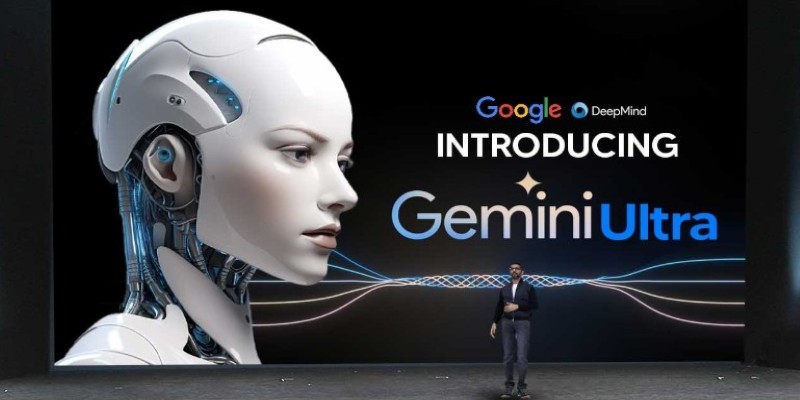
Get a clear overview of Google's seven Gemini AI models—each built with a unique purpose, from coding assistance to fast response systems and visual data understanding

The Dead Internet Theory claims much of the internet is now run by bots, not people. Find out what this theory says, how it works, and why it matters in today’s online world

Looking for smarter AI that understands both text and images together? Discover how Meta’s Chameleon model could reshape the future of multimodal technology

Learn what vector databases are, how they store complex data, and why they're transforming AI, search, and recommendation systems. A clear and beginner-friendly guide to the future of data storage

Working with rankings or ratings? Learn how ordinal data captures meaningful order without needing exact measurements, and why it matters in real decisions
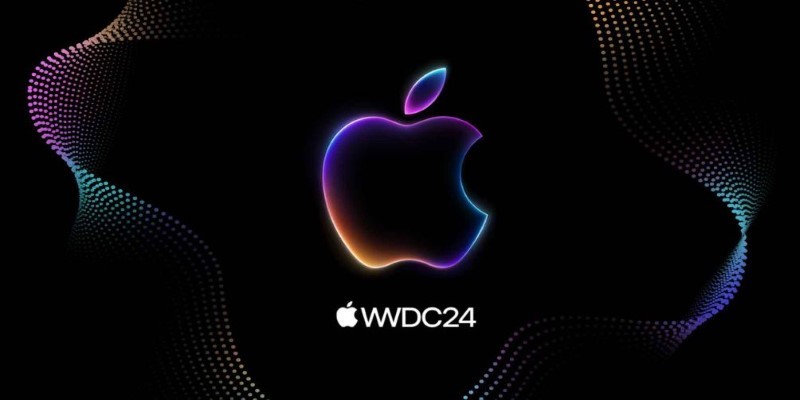
Apple unveiled major AI features at WWDC 24, from smarter Siri and Apple Intelligence to Genmoji and ChatGPT integration. Here's every AI update coming to your Apple devices

Looking for a laptop that works smarter, not harder? See how Copilot+ PCs combine AI and powerful hardware to make daily tasks faster, easier, and less stressful
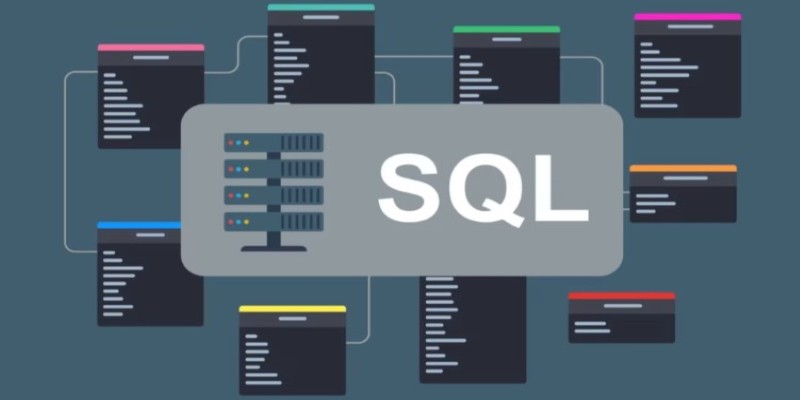
Think of DDL commands as the blueprint behind every smart database. Learn how to use CREATE, ALTER, DROP, and more to design, adjust, and manage your SQL world with confidence and ease